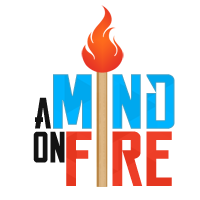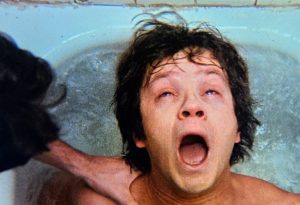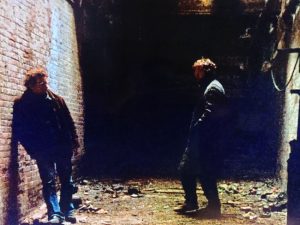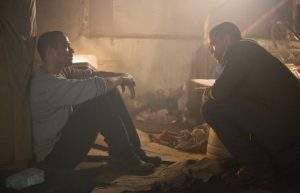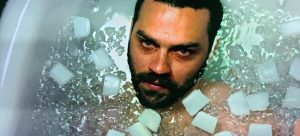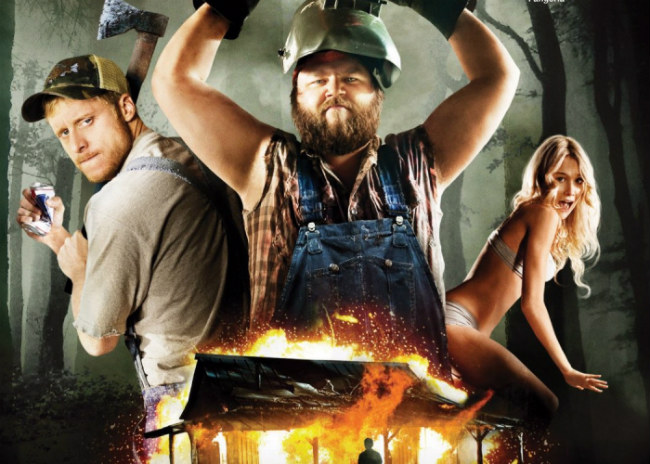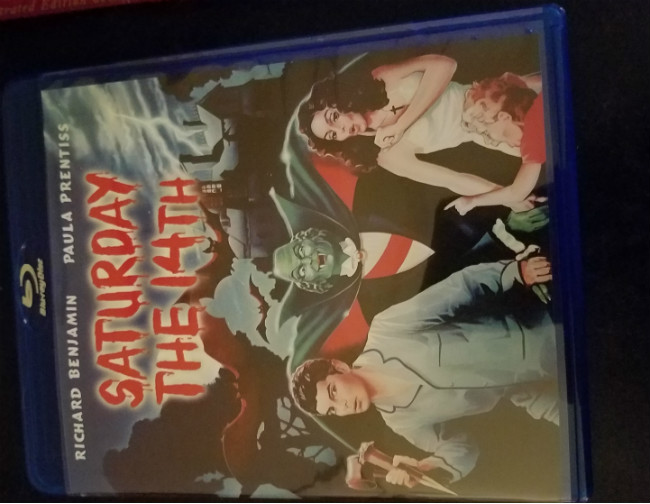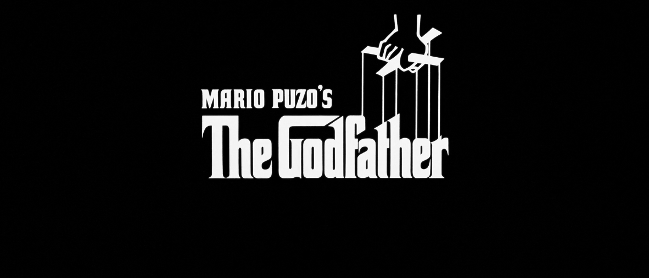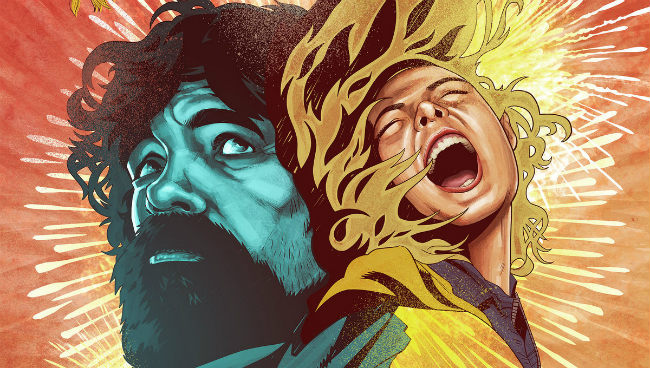Remakes No One Asked For Part One: Jacob’s Ladder
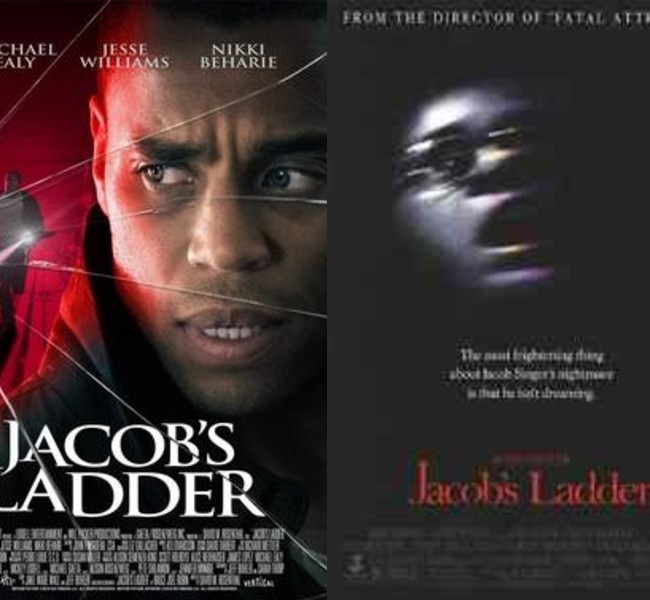
Why remake a movie if it has nothing to do with the original? We look at both the original Jacob’s Ladder and the 2019 remake of the movie.
(Spoilers Ahead) I’m not necessarily opposed to remakes. I’m not necessarily in favor of remakes. I question why studios remake movies and especially why Hollywood remakes classic movies. Did we really need The Truth About Charlie when we already had Charade? On the other hand, there’s no denying Ryan Reynolds turned in a great performance as George Lutz in The Amityville Horror remake or the fact the movie was greatly improved by taking out the flying pig and the gate to hell.
On the surface the answer to why studios remake movies is easy. It’s all about money. Remakes and the all too familiar reboot are known commodities. Audiences are more willing to part with their money on the known than the unknown. Disney is practically printing money remaking their classic animated films into live action features (Except for The Lion King. Call it anything you want, but don’t call it ‘live action’ when it’s 100% computer animated).
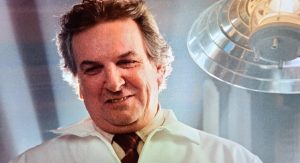
Classic movies and movies Hollywood feels needs a refresher are one thing. You can rationalize why a studio would feel the need to remake The Thomas Crown Affair. But why remake a movie that wasn’t a hit when it was originally released and is still, at best, a cult movie?
Jacob’s Ladder, directed by Oscar nominated Adrian Lyne (Fatal Attraction), is the story of Jacob ( Tim Robbins, Bull Durham),a Vietnam veteran suffering from PTSD and grieving for the loss of his only child. If Jacob’s Ladder was only about those two things it would have still made for a movie that pulled on the audience’s heartstrings. It would have been the kind of movie the Academy gobbles up during award season.
There’s more going on in Jacob’s Ladder than just a movie about a Vietnam vet grieving for his lost child. The movie starts off creepy and rarely slows down, but it’s not fair to call it a horror movie. A horror movie implies certain elements of dread and fear will be in the movie. Yes, there are elements of fear in Jacob’s Ladder, but there is no sense of dread in the movie. As it turns out the complete opposite is true.
The opening scene sets the tone for the movie. It’s a typical scene of soldiers smoking weed, joking, and poking fun at each other before the inevitable action begins. It’s a scene that has been included in almost every movie set in the Vietnam War. Except their weed has disastrous side effects that cause the soldiers to have seizures and freak out as the Viet Cong attack their makeshift camp. It’s an event that may or may not have happened, but it leads directly into Jacob’s present.
Many of the events at the beginning of the movie the viewer can chalk up to PTSD flashbacks. It’s not until Jacob and his girlfriend Jezzie (Elizabeth Pena) go to a party that things happening to Jacob may not be as they appear. On a staircase Jacob has his palm read by a woman. It comes off as flirtatious and the banter between the two is the kind of friendly flirting people do at parties. However, she leaves Jacob with an ominous fortune. “According to this you’re already dead,” she tells him. The whole movie becomes colored with this one line. Is everything we’re seeing his death, potential death, or something different?
Even as Jacob is dealing with visions of demons, military experiments, almost being run over by a car, and having flashbacks of both his dead child and Vietnam there is an overwhelming sense of something godly is happening in the movie. The clues are everywhere in the movie.
When we first learn that Jacob’s son had died before he went to Vietnam he is looking at old photos left at his apartment by his ex-wife. We learn the child’s name was Gabe, short for Gabriel, and that it’s a biblical name. “Personally I never went for church names,” Jezzie says. To which Jacob answers, “Where do you think Jezebel came from?” Even Jacob’s e-wife’s name is biblical.
After Jacob suffers from a “virus” and is waking up in a bathtub filled with ice water the doctor tells him, “You must have friends in high places.” Later he asks Jezzie if he’s dead. “No. You’re right here,” she tells him. But where exactly is “here?”
Then there is Jacob’s chiropractor Louis, played by Danny Aiello. The first time we meet him his head is cast in light giving him the image of an angel. Jacob even mentions it to him which Louis quickly casts off. Later Jacob tells him what has been plaguing him for the past few days and, again, asks if he is dead. Luis tells him, “The only thing that burns in hell is the part of you that won’t let go of your life,” he says.
Even the term Jacob’s ladder comes from the bible. The Torah makes mention of Jacob’s ladder as a bridge between heaven and earth. It also mentions angels who protect Jacob. None of this is incidental to the movie. Although it’s never mentioned in the movie a close up of Jacob’s dog tags reveals he’s Jewish. Faith is in full swing in Jacob’s Ladder.
David M. Rosenthal directed the 2019 remake of Jacob’s Ladder. To call it a remake is almost disingenuous. Rosenthal manages to strip away everything from his version that made the original version work.
Screenwriters, there are four credited to the movie, kept the squeaking wheel on the hospital gurney, the flashbacks, and visions of demons. This time around Jacob (Michael Ealy, Think Like a Man) is an Iraq war veteran instead of Vietnam War veteran. Screenwriters ditch the Louis character and replaced him with a psychologist.
The screenwriters and Rosenthal made the decision to keep the military experiment the focus of the movie. Whereas the military experiment in the original Jacob’s Ladder was something Jacob’s mind created in the remake it takes front and center stage. There’s no guessing involved and at no time do we ask ourselves if something different is actually happening. It’s as straight-forward as possible.
Jacob, this time a doctor, is on the hunt for an experimental drug that is being used to help stop PTSD in veterans. However, the drug has the opposite effect. Vets who have taken the drug suffer worse symptoms than PTSD and die from taking the drug. Jacob’s hunt leads him down dark streets, confrontations with bad people, and drugged out sex. In the end, the movie ends on an almost predictable note.
The end of Lyne’s Jacob Ladder ends on what most people would call a happy ending, but it leaves a lot of unanswered questions behind. For example, where did Jacob’s memories come from the angels were stripping away? If he died in war games and was still married at this time how did his mind fabricate Jezzie or his job at the post office?
A vast majority of the movie going audience prefer a straight forward ending with the typical Hollywood ending. So why remake a movie that has more questions than answers with a copy that has no answers because it doesn’t ask the audience any questions? Rosenthal’s Jacob’s Ladder may be a good movie on its own merits, but with no connection to the original why not call it something else?
